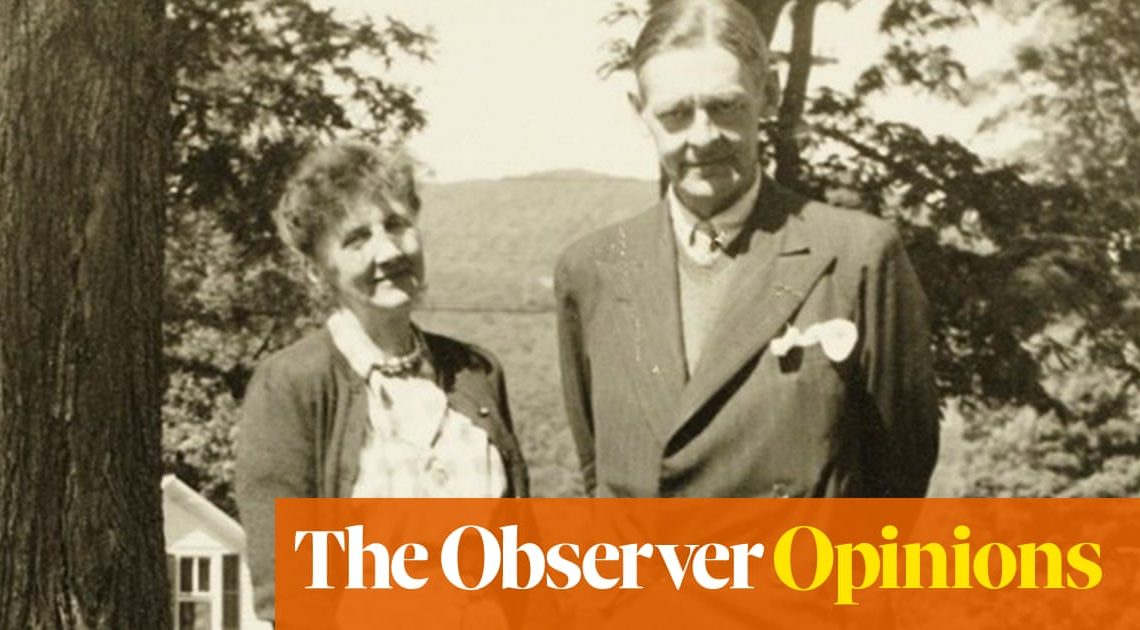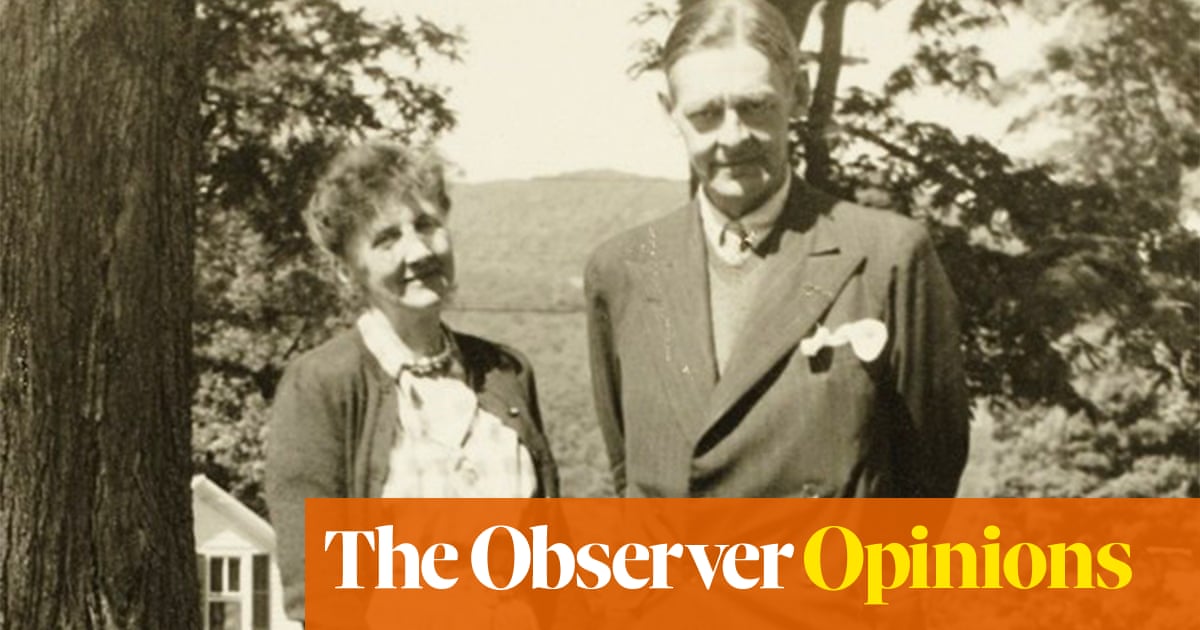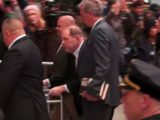
Never date a poet. Theyll always do the dirty on you | Alex Clark
January 11, 2020Even from beyond the grave, TS Eliot insists on getting the last word with his muse

In between the excellent things that the early days of 2020 have brought (Greta Sharon Thunberg) and the terrifying (incipient global warfare) comes one that seems oddly familiar.
Details of an intimate relationship from long ago surface, revealing a complicated picture: differences in the quality and strength of feeling of the participants, ruptures and renewals, the arrival of other attachments, a closeness strangely accompanied by the failure of mutual understanding. So far, so human. But then something less workaday: the presence and the protection of not merely celebrity but intellectual and artistic reputation.
Fifty years after her death, the letters that Emily Hale, a woman described most frequently, and tellingly, as muse, received from the poet TS Eliot were released by Princeton University, as per her instructions. They largely cover the period between 1932 and 1947, beginning 20 years after Hale and Eliot had first met at Harvard Graduate School; in between, Eliot had married Vivienne Haigh-Wood, from whom he formally separated in 1933.
Twenty-four hours after the release of Hales letters, the TS Eliot Foundation published a statement from beyond the grave, written by the author of the letters himself in 1960 and expressly designed to accompany their unveiling. There is, indeed, a statement about the statement It has come to my ears that she [Hale] has added, or is preparing to add, some sort of commentary of her own. There then follows what appears to be a piece of pre-emptive exculpation, complete with reference to Henry Jamess exploration of unscrupulous literary wrangling, The Aspern Papers, and an account of the changes in Eliots feelings towards Hale over the decades.
Wordsworth argued that emotion recollected in tranquillity could lead to poetry, but it can also lead to a detachment that borders on heartlessness. Eliot explains that his account is painful to write, so inimical to him is the idea of autobiography and the self-deception required to avoid confronting our weaknesses and errors. And yet the delicacy and discernment he hints at are quickly dispensed with when he comes to analyse his relationship with Hale and Haigh-Wood. He had fallen in love with Emily, yes, but had not had his feelings returned; ensconced in Europe and embarking on a life of poetry, he had wanted a flirtation or a mild affair with Vivienne, but got something rather more profound.
To her, he wrote, the marriage brought no happiness: the last seven years of her life were spent in a mental home. To me, it brought the state of mind out of which came The Waste Land. And it saved me from marrying Emily Hale. What would that alternative future have meant, even had Hale agreed to it? Well, thought Eliot in 1960, the strain of life with Vivienne nearly killed him, but Emily Hale would have killed the poet in me.
Eliots Manichaean response creates an association between emotional chaos and creativity and opposes it with the idea of stability and non-production. It is as old as the hills, but with fewer interesting contours; an arid, boring plain. The fear of connecting nothing with nothing, of existing in a jumble of historical echoes, religious and philosophical impulses and linguistic dead ends, worked itself through in The Waste Land, but also linked itself to the idea of romantic and domestic claustrophobia (My nerves are bad tonight. Yes, bad. Stay with me./ Speak to me. Why do you never speak. Speak.). Does contentment, then, mean silence?
A moot point in Eliots case; he was 68 when he married his second wife, Valerie, who was then 30 and who devoted her life to the remainder of his and the subsequent management of his legacy.
Muses, madwomen and managers; there must be some alternative for the women in poets lives. There is, of course, in multiple cases; women who conduct their own work, of whatever nature, without becoming merely enabler or thwarter of a mans. But it is a perniciously persistent theme, somehow: the struggle for male genius to be free and to find expression; the because of or in spite of. There is an equally cliched response would we rather Eliot have lived an emotionally blameless life and forgo The Waste Land? that buys into and underpins it.
In truth, the creator will create, and if they fail to, they will either shoulder it or cast around for things, or people, to blame. But in art, as in life, the buck has to stop somewhere.
Alex Clark writes for the Observer and the Guardian
Read more: http://www.theguardian.com/us

